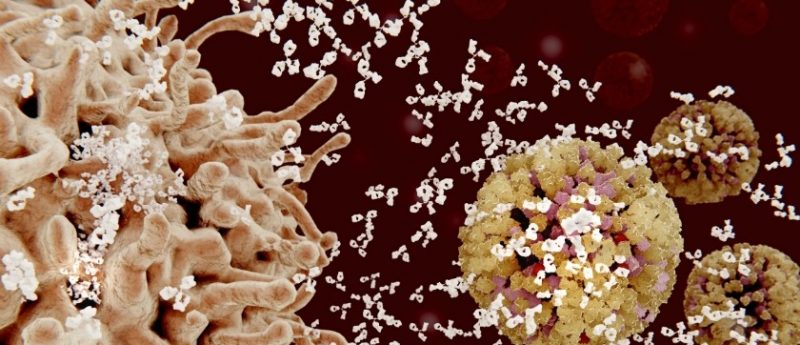Harnessing the power of the immune system via blockade of PD-1 and PD-L1: a promising new anticancer strategy

Cancer cells employ several mechanisms to evade the immune system of their host, thus escaping immune recognition and elimination. Of particular interest is a cancer cell’s ability to co-opt the immune system’s innate ligands and inhibitory receptors (also known as checkpoints), thus creating an immunosuppressive microenvironment that downregulates T-cell activation and cell signaling. The recent development of the checkpoint inhibitors anti-programmed death-1 and anti-programmed death ligand-1 has generated an enormous amount of interest as a potential new anticancer strategy in solid tumors, particularly in non-small-cell lung cancer, renal cell carcinoma and melanoma. Data suggest significant disease response rates using anti-programmed death-1 and anti-programmed death ligand-1 antibodies, even in heavily pretreated patients. Future directions include optimization of drug delivery sequence and combination of immunotherapy with other therapies including cytotoxic chemotherapy, radiation, antiangiogenic agents and small-molecule tyrosine kinase inhibitors.
Click here to view full article.





